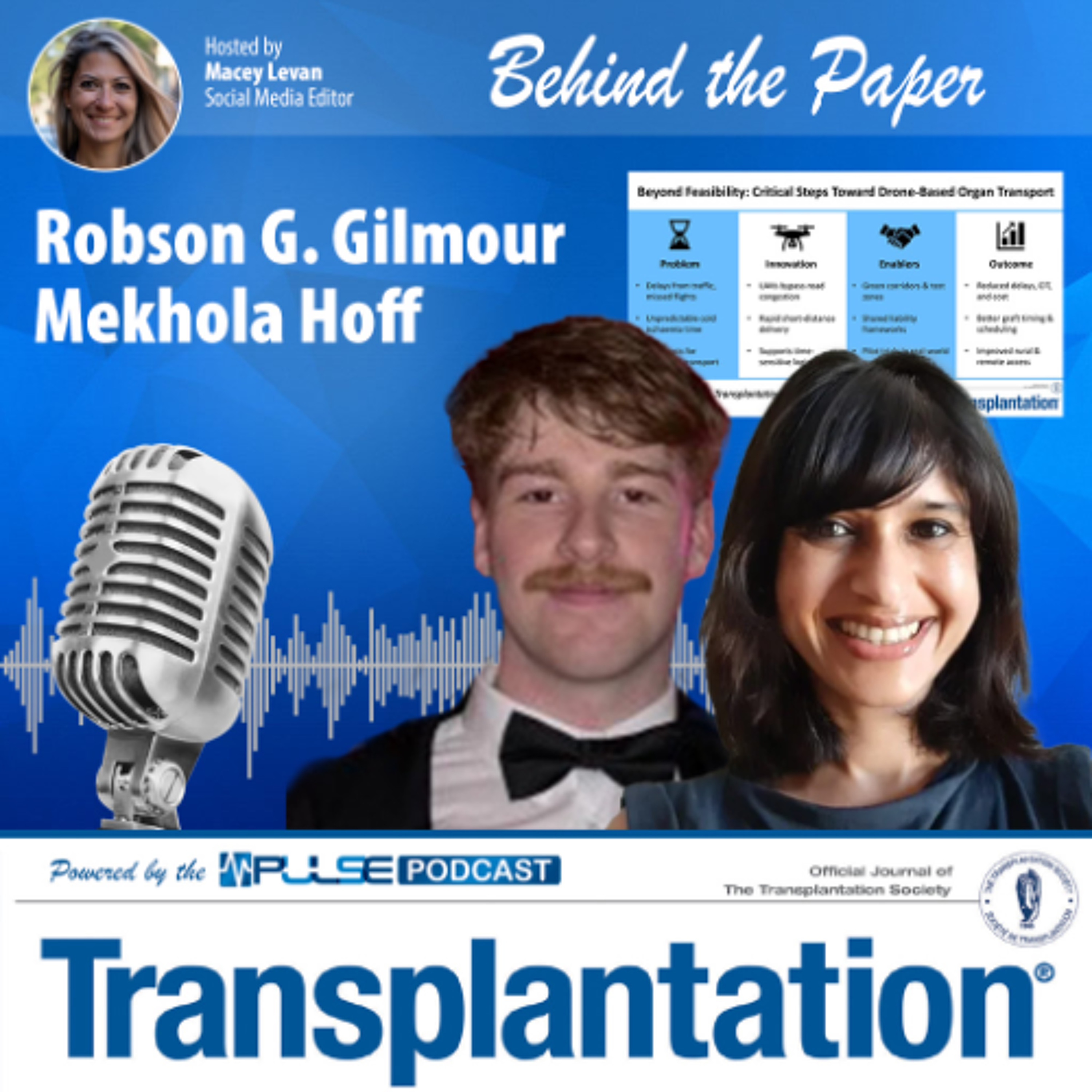TTS Pulse Podcast
TTS Pulse Podcast
Podcast Description
🎙️ TTS Pulse Podcasts – Brought to you by the TTS Education Committee, this podcast series delivers the latest insights, innovations, and inspiration from across the transplant world. Tune in for expert interviews, trending topics, educational highlights, and everything you need to know now in transplantation. From the cutting edge to the everyday, TTS Pulse keeps your finger on the pulse of what's happening.
Podcast Insights
Content Themes
The podcast focuses on various topics relevant to the transplant community, including disease prevention strategies, clinical advancements, and patient care. Recent episodes have covered critical issues such as Measles Risk Reduction Strategies for transplant patients, exploring clinical features and prevention methods in the context of current epidemiological trends.
🎙️ TTS Pulse Podcasts – Brought to you by the TTS Education Committee, this podcast series delivers the latest insights, innovations, and inspiration from across the transplant world. Tune in for expert interviews, trending topics, educational highlights, and everything you need to know now in transplantation. From the cutting edge to the everyday, TTS Pulse keeps your finger on the pulse of what’s happening.
Behind the Paper with Robson Gilmour and Mekhola Hoff
Robson Gilmour and Mekhola Hoff discuss the recent publication in Transplantation journal “Beyond Feasibility: Critical Steps Toward Drone-based Organ Transport”
Drones, or uncrewed aerial vehicles (UAVs), are becoming increasingly visible in healthcare logistics. In several countries, they already deliver blood, vaccines, and laboratory samples to remote areas, helping overcome geographic and infrastructure challenges. Trials in high-income countries also show that UAVs can deliver medicines faster and with lower emissions than conventional transport methods. Globally, transplant systems face common logistical challenges, particularly around time-critical organ delivery.
Continue to view the full paper:
https://journals.lww.com/transplantjournal/fulltext/2026/01000/beyond_feasibility__critical_steps_toward.2.aspx
About the Journal
The official Journal of The Transplantation Society. Transplantation (https://transplantjournal.com) is published monthly and is a highly cited and influential journal in the field, with more than 25,000 citations per year.
–
The Transplantation Society – Learn more about our journal:
https://tts.org/journal/transplantation-journal

Disclaimer
This podcast’s information is provided for general reference and was obtained from publicly accessible sources. The Podcast Collaborative neither produces nor verifies the content, accuracy, or suitability of this podcast. Views and opinions belong solely to the podcast creators and guests.
For a complete disclaimer, please see our Full Disclaimer on the archive page. The Podcast Collaborative bears no responsibility for the podcast’s themes, language, or overall content. Listener discretion is advised. Read our Terms of Use and Privacy Policy for more details.